Student Conduct & Academic Policies
Columbia College Code of Conduct
Columbia College prepares learners with the knowledge, skills, and professionalism needed for career success, measuring its own success by students’ academic and professional achievements. It fosters ethical, compassionate individuals in a safe learning environment where faculty can teach freely, guide students, and encourage critical thinking, while students develop professional skills.
The Student Code of Conduct establishes principles and guidelines to promote respectful behavior at the College and its activities, ensuring a supportive learning environment for all. Recognizing that mistakes happen, the College applies Natural and Restorative Justice principles, providing students with opportunities to learn and improve.
The Code outlines a clear process for addressing academic and non-academic misconduct. Students are expected to be familiar with the policy, as lack of awareness is not considered a valid excuse for violations.

Academic Standing, Probation, and Graduation Requirements
Academic Standards
Student in Good Standing
A student is considered in good standing at Columbia College when his/her cumulative grade point average stands at or above 2.0.
Probationary Student
A student in a professional program will be considered on probation when his/her cumulative grade point average falls below 2.0. A student in a pre-career program will be placed on probation when his/her semester average falls below 60%. A student may also be placed on probation when he/she fails to meet the standards of behavior or performance placed on him/her by the College. A student placed on probation will be required to show significant improvement by the end of the following semester. He/she may also be restricted from certain actions, events, or activities until his/her probationary status is lifted.
Required to Withdraw
A student may be withdrawn for the following reasons:
- academic performance (GPA that falls below 2.0);
- an extended period on probation (maximum of 2 semesters one after the other or an irregular pattern of being put on probation);
- when behavior, attendance or performance does NOT meet the College standards.
For more information on student appeals, please review the Student Appeal Policy.
Clearing Course Deficiencies
Students are allowed one repeat of a given course. Only under extreme or very special circumstances may a Professional Program Chair/Director grant a third attempt to complete a course. To grant a third attempt at a course, the Professional Program Chair/Director must present in writing his/her approval to the Office of the Registrar. The original grade or failure will not be removed from the student’s transcript. The transcript will indicate both the original grade and the repeated course grade. Only the repeated course mark will be calculated in a student’s GPA.
The method of clearing a deficiency must also be approved by both the Program Chair/Director and the Registrar. The methods of clearing course deficiencies include:
- special assignment(s);
- writing supplemental examination(s);
- repeating the course through regular scheduled classes or Continuing Education courses;
- other arrangements approved by the Program Manager/Director.
Students will pay the current course fees or a percentage of program cost for repeating a course. Prorated fees, where applicable, will be determined by the Accounting Department.
Transcripts of Marks
A student requiring his/her transcripts should fill in the Transcript Request Form. Transcripts will be given to the student or mailed to the school or agency stated on the request form.
A student’s records are confidential. Transcripts will only be issued on written authority from the student. The appropriate fee for each copy of the transcript requested should accompany the request for transcripts.
Graduation
Requirements for Graduation
A student must meet the specific program graduation requirements in order to be awarded a Columbia College Certificate or Diploma.
Grade Point Average Requirements
A student must achieve a minimum overall 2.00 Cumulative Grade Point Average to qualify for a Certificate or Diploma. Please check the program information for specific program requirements.
Graduation lists and attendance for the annual convocation may include names of students expected to graduate. In some cases, outstanding requirements may not be successfully completed. Therefore, attending convocation does not by itself verify that a student has graduated from his/her program.
Residence Requirements
A transfer student must complete 50% of the total program at Columbia.
In special cases, residence requirements may be waived if approved by the Program Chair/Director and Registrar.
Certificate or Diploma Distinction
A student enrolled in a professional program will be awarded a Certificate or Diploma with Distinction if he/she maintains a cumulative Grade Point Average of 3.8 or greater for his/her overall program and has not failed or withdrawn from any required course in the program. The student will not have been placed on Academic or non-academic probation at anytime during the program.
Transfer to Another College/University
Colleges and universities may grant credit on a course by course basis in the form of specific credits for individual courses or groups of courses taken at another institution. Credits will be transferred to the extent that they meet the program, residence and other requirements of the institution in which the student wishes to enroll.
Students who intend to seek transfer credit for selected courses taken at Columbia should seek formal approval in advance from the college or university from which they wish to receive future transfer credit.
Appeals
Exceptional service is expected and uppermost in every decision made and action taken at Columbia College. We believe that the high satisfaction and success of each of our clients will have a direct impact on our success both individually and as an organization.
It is our goal to be recognized by our clients as an exceptional service provider. As such, we continually improve our services by monitoring and objectively evaluating each aspect of our College. This includes the satisfaction, safety and security of our students, employees and visitors.
The term appeal refers to a formal request to a higher authority for a change in or confirmation of a decision. An appeal must be made from a disagreement on the following grounds:
The nature of the decision (i.e. student wants to appeal a grade due to an incorrect calculation of an assignment);
A disagreement on the outcome of the decision (i.e. student does not refute that they plagiarized on an assignment, but wants to appeal the severity of the disciplinary outcome).
Appeals can be made of decisions made in the following areas:
- Course Grade
- Non-Academic Offense
- Academic Misconduct
- Admissions
- Withdrawals
For more information on student appeals, please review the Student Appeal Policy (ADM-P177).
For questions relating to Student Appeals, please contact the Office of the Registrar at registrar@columbia.ca.
Evaluation and Academic Performance Standards
- Student Achievement and Academic Regulations
- Grading System
- Grade Point Average
- Non-Grade Designated Courses
- Definitions
Evaluation Methods
- A student’s final course grade is determined by academic progress throughout the entire course. The facilitator will take into consideration classroom tests and examinations, lab work, essays, reports and projects.
- A student may request that an Exam be deferred due to medical or personal reasons. To defer an exam, please see: Application for Deferred Examinations
Information and Advice
- A student may obtain further information about the Academic Regulations from the Office of the Registrar. It is the responsibility of each student to be familiar with the Academic Regulations.
Grading
- It is the responsibility of each course facilitator to determine the grade each student will be assigned for each course.
- Each course outline will indicate how a student will be graded for his/her course. This should be reviewed with the student by the facilitator during the first class.
- Each student’s final grade for a course in professional programs and College Prep courses will be a letter grade that corresponds to the grading system below. Pre-career program final grades for each course will be stated as a percentage.
- All final grades will normally be submitted to the Program Chair/Director and the Office of the Registrar within one week of the end of the semester. The Office of the Registrar will note students’ grades on their official records. The students should normally receive a copy of their course grades within one month of the end of each course.
- Students must submit all course work to their facilitators prior to the end of their courses on the date specified by their facilitators.
Non-Grade Designated Courses
AU – Audit
Awarded to a student who is registered in a credit course, but not eligible for credit.
FCR – Formal Course Review
The designation of “FCR” is awarded to a student who has previously taken a course and is being required to take it again. “FRC” on a student’s transcript is not included in the GPA calculation.
I – Incomplete
A student will only receive a grade designation “I” in very unusual and/or exceptional situations. The designation will only be awarded by the Program Chair/Director after the student has completed the Non-Grade/Incomplete form and has it submitted to his/her course facilitator prior to his/her last class. The Program Chair/Director will then review the form and decide if he/she will make an exception. Serious family illness, emergencies and/or extenuating circumstances out of the student’s control are examples of situations that may be considered exceptions. If the Program Chair/Director approves the request, it will be forwarded to the Registrar’s Office. Normally students have no more than a month to clear an Incomplete course grade. The Program Chair/Director may be involved in this decision-making process.
IP – In Progress
Code used for courses that students are currently taking who do not yet have a grade submitted.
P/F – Pass/Fail Courses
Student performance is indicated by either “pass” or “fail”. In this case, these carry a weight factor of zero.
W – Withdrawal
The designation of “W” is awarded to a student who officially withdraws from, stops taking or is terminated from a course/program when less than 50% of the semester has been completed. Please refer to the Course Drop/Program Withdrawal Policy for further information.
WF – Withdrawal Fail
The designation of “WF” is awarded to a student who officially withdraws from, stops taking or is terminated from a course/program when 50% or more of the semester has been completed. Please refer to the Course Drop/Program Withdrawal Policy (ADM-P189) for further information.
X – Continuing
A student will receive a grade of “X” which indicates that the course is not yet complete at the end of one semester. The student’s grade will be given at or by the end of the next semester.
Credit By Challenge
This is assigned to a student by the Office of the Registrar for courses in which the student successfully demonstrated prior learning through his/her level of prior knowledge and current competence in challenge examinations or other evaluations set and administered by the Program Chair/Director.
Student Records (Confidentiality)
Columbia is responsible for the confidentiality of student records and following the Personal Information Protection Act (PIPA) and Freedom of Information and Protection of Privacy Act (FOIP). No information about a student’s academic record will be released to a third party without written permission from that student, other than the approved exceptionalities outlined the applicable Alberta Government’s privacy laws. Records may be released to sponsors or civil authorities conducting an investigation. Columbia’s instructional and administrative personnel, who have legitimate interest in the academic record of a student and require such information, will be permitted access to the student’s records.
Each student has the right to review his/her academic file. When the original documents are shown, examination is only permitted under conditions which prevent alteration or mutilation. Original documents may not be removed from the file, but may be copied. Access fees may be charged for special information requests.
Academic transcripts from other institutions, criminal checks, or other admission documents will not be copied and/or returned to students. As Columbia College cannot verify that these documents have not been altered or corrected since their submission, students must request these documents from their original source. If students can show that they are not able to obtain their documents from their original source, a written request can be submitted to the Office of the Registrar through the form of an Information Request.
Please review the College’s documents pertaining to student records, privacy, and collection of information:
Privacy Statement
Personal Information and Protection of Privacy Policy and Regulations
Student Records, Grades, and Tests
Please contact your advisor if you have additional questions.

